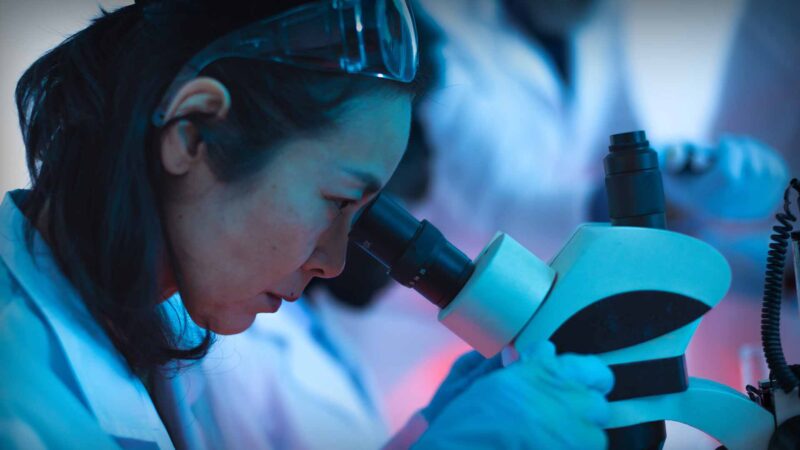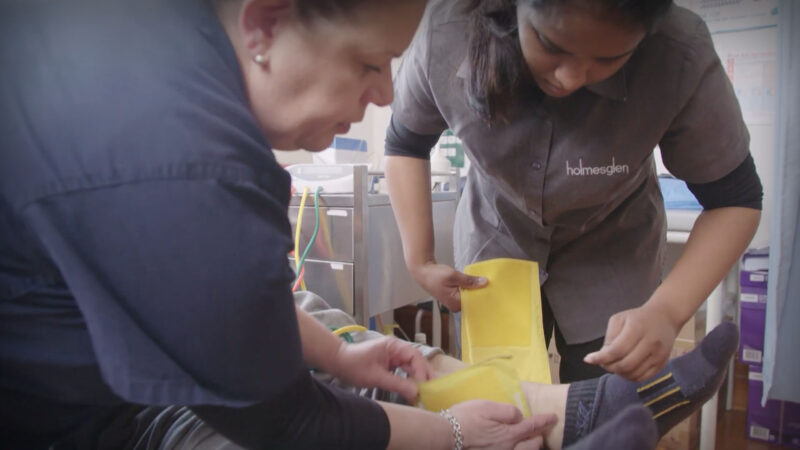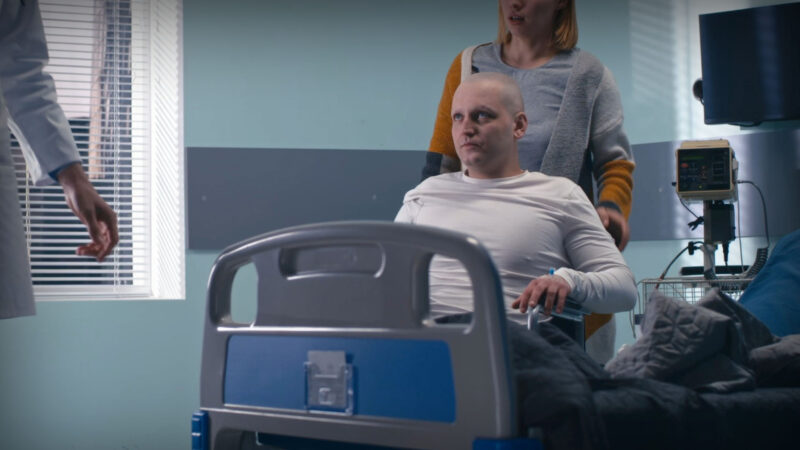Men’s urological needs refer to the medical and surgical conditions that affect the male urinary tract system and reproductive organs. Some of the common men’s urological needs include:
- Prostate health: The prostate is a gland located just below the bladder and is important for male reproductive health. Conditions such as benign prostatic hyperplasia (BPH) or prostate cancer can affect prostate health.
- Urinary tract infections (UTIs): UTIs are common in men and can cause pain and discomfort during urination. They are caused by bacterial infections in the urinary tract system.
- Erectile dysfunction: Erectile dysfunction (ED) is the inability to achieve or maintain an erection sufficient for sexual intercourse. ED can be caused by several factors such as nerve damage, psychological issues, or underlying medical conditions.
- Infertility: Infertility is the inability to conceive a child. Male infertility can be caused by several factors such as low sperm count, poor sperm motility, or genetic conditions.
- Testicular health: Testicles are important for male reproductive health. Conditions such as testicular cancer, torsion, or trauma can affect testicular health.
- Incontinence: Incontinence is the loss of bladder control and can be caused by several factors such as prostate surgery, nerve damage, or medication side effects.
- Kidney stones: Kidney stones are hard deposits that form in the kidneys and can cause pain and discomfort during urination.
- Urological cancers: Men can develop several types of urological cancers, including prostate cancer, bladder cancer, and kidney cancer.
A urologist can address these concerns, however a pharmacy-led model of care developed by Brad Butt, called Mens Health Downunder has offered an alternative to certain urological needs of the male adult population over the past 10 years.
Initially commencing in Canberra and now in 9 locations across Australia, the operation is run by a group of Australian pharmacists that provide rehabilitation solutions and cost-effective endorsed medical grade treatments for men with urological health issues. Mens Health Downunder provides products that are medical grade and specifically tailored for individuals with urological or sexual health issues backed by evidence-based solutions and pharmaceutical advice.
Mens Health Downunder exists to address the growing need for men to access quality health advice, break the stigma around urological health and reduce the embarrassment so men openly ask questions and confidently address health concerns. No concern is off limits.
Australian Health Journal met with Brad to hear about his journey, Mens Health Downunder and the impact the pharmacy-led model of care has had on patient’s urological as well as mental health.
Brad’s mission is to also raise awareness for prostate cancer. Prostate cancer is now the most common cancer diagnosed in Australia with expectations of aggressive diagnosis to double by 2028, overtaking breast cancer. Interestingly, media tends to focus on breast cancer more than prostate cancer. Often this is because of the stigma associated with prostate cancer. Men suffer in silence and are less likely to seek medical diagnosis and treatment. However, the stigma that surrounds prostate cancer and men’s health is a significant barrier that is being addressed, by Brad and his team of pharmacists.
You Might also like
-
Health Minister appoints Chair to National One Stop Shop Program
The Australian Government has appointed Emeritus Professor Ian Chubb AC, FAA FTSE to lead key reforms as Chair of the Inter-Governmental Policy Reform Group (IGPRG) for health and medical research, including clinical trials.
Minister for Health and Aged Care, The Hon Mark Butler MP commenting on the selection and appointment said, “Professor Chubb has dedicated his career to improving health and medical research and education in this county and I am pleased he has agreed to share his knowledge and experience through the IGPRG.”
-
Student nurse placements in primary health care
With an urgent need to manage increasing rates of chronic disease, an ageing population, and a rapidly-ageing primary health care nurse workforce, Australia desperately needs more primary health care nurses to enter the workforce before the current generation retires and cannot pass on its skills.
Most nurses start their career in a hospital. Historically, it was difficult for universities and tertiary education providers to arrange placements for student nurses in primary health care. However, the APNA Student Nurse Placement Program provides student nurses with a foot in the door to a career in vibrant primary health care settings such as general practice or community health to perform supervised activities.
-
Sharing the same goals in value-based procurement
Value-based procurement (VBP) is a journey, not a sprint. It’s about putting the patient at the centre of quality affordable healthcare through changes in procurement practices for medical technologies. Patient outcomes drive value and sustainability, not just price. The bigger picture indicates that VBP will create system cost saving through benefitting patients, rather than trying to attain the reverse – a win-win outcome.



